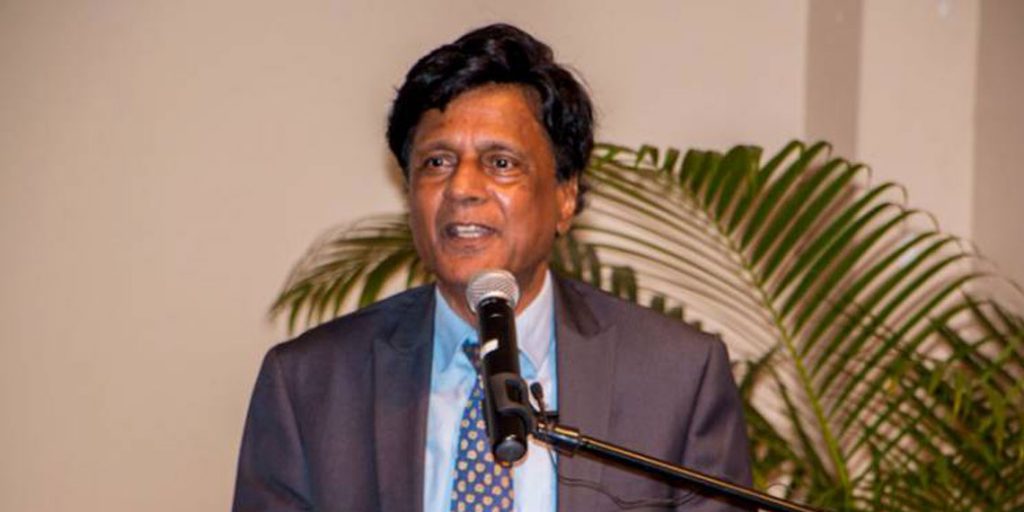ROAR of Ravi Dev
The following is excerpted from a piece written after the PPP won the 1992 elections to describe some of the challenges they would face in governance. I repeated it last year when elections were in the air and they seemed likely to return to office – but, in my estimation, not “power”.
A person or group has “power” when they can make decisions affecting other persons or groups and the latter have to go along with the decision, even though it may be against their interests. Power thus implies, simultaneously, a relationship (another person has to be affected) and the possession of resource – sanctions or inducements – which he can bring to bear on others to ensure compliance. For Guyanese, therefore, the question is whether in the relationship between a PPP Government and the populace, does the PPP have the resources to enforce compliance with its decisions and initiatives or are these in the hands of others?
At this point, we have to distinguish between the State and the Government. The former represents the full panoply of the power institutions in a country and has the ultimate resort of force to ensure compliance with its policies. The Government, (and this is what political parties now occupy), is simply that aspect of the State that initiates policies, which the other arms of the State— such as the army, the police, the judiciary and the bureaucracy, etc.— are supposed to implement. In a word, the Government has formal “authority” and has “power” only to the extent that these other arms recognize the legitimacy of its directives and act to ensure compliance.
Consequently, real power lays with those who control these other arms of the State; as many as junior officers in several third world States have demonstrated. The answer to the question posed earlier, lies therefore, in ascertaining whether the other State arms accept a PPP government as legitimate. The Army, Peoples Militia, Police and Bureaucracy (Civil Service etc.) are overwhelmingly staffed by African Guyanese and all tilt towards the PNC as can be seen in the actions of GECOM, a nominally “autonomous” state organ.
In addition to the army, police, bureaucracy etc., certain groups within a society can have “disruptive power”. By this is meant the recognition by any Government of the day of the potential, or likelihood of particular groups looting, burning etc in the capital of Georgetown. In the 1960’s, 1992, 1997 and subsequently, the PNC had demonstrated they possess disruptive power. By the impressively titled “Rule of Anticipated Reactions”, the PPP has had to take into consideration the reactions of all the above-mentioned groups, before it makes any policy initiatives. By tailoring its policies depending on its reading of the reactions of these other groups, the PPP demonstrates conclusively, that these groups have real power rather than itself.
A second set of resources, which may confer power on individuals or groups, is “economic”. In fact, some, noticeably Marxists, maintain that the holders of economic power ultimately control even the State. There is a widespread perception that “Indians own everything” and thus also have economic power to buttress the political power they may capture. This myth is so pervasive, even some Indians believe it.
Reacting against this perceived Indian-Guyanese economic dominance, African Guyanese hark to Nkrumah’s dictum was: “Seek ye first the political Kingdom and all else will be added unto it.” Indian businessmen may have some influence in some instances, and over some people, but this is totally different from “power”. With influence, one depends totally on the other acquiescing on his own, without the “influential” party having the ultimate sanction of force, which a true power holder possesses. The Indigenous Peoples, excluded from both political and economic power are sadly excluded from even the discourse.
Finally, African Guyanese also share in the cultural power implicit in the assumption that the Caribbean is an African nation, which delegitimizes the rights of others such as Indians and Indigenous Peoples to be aspirants and holders of national power.
In any future dispensation, the economic aspiration of African and Indigenous Guyanese must be addressed as well as the exclusion of the Indian and Indigenous Guyanese from the power bases of the state.
